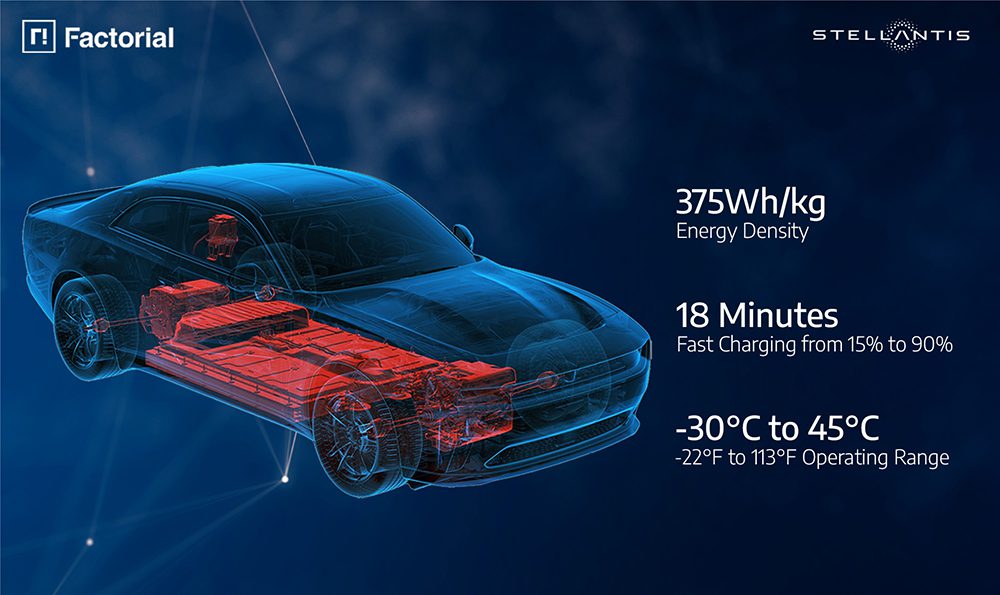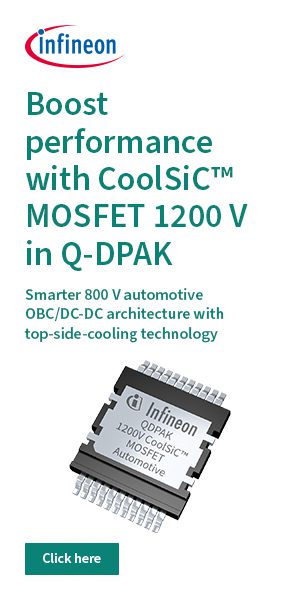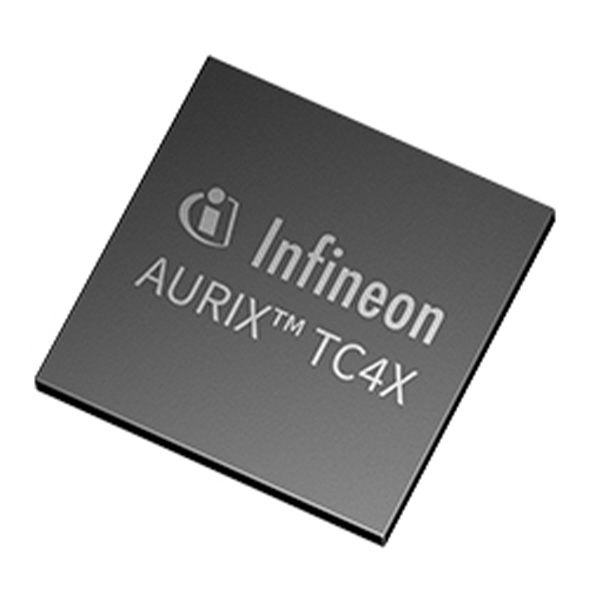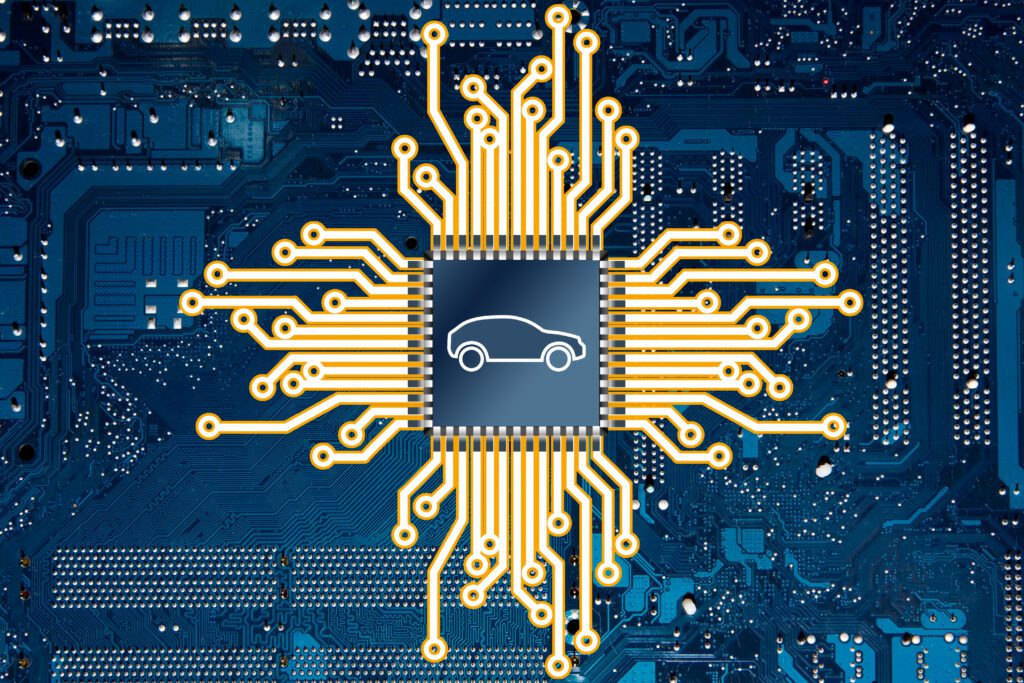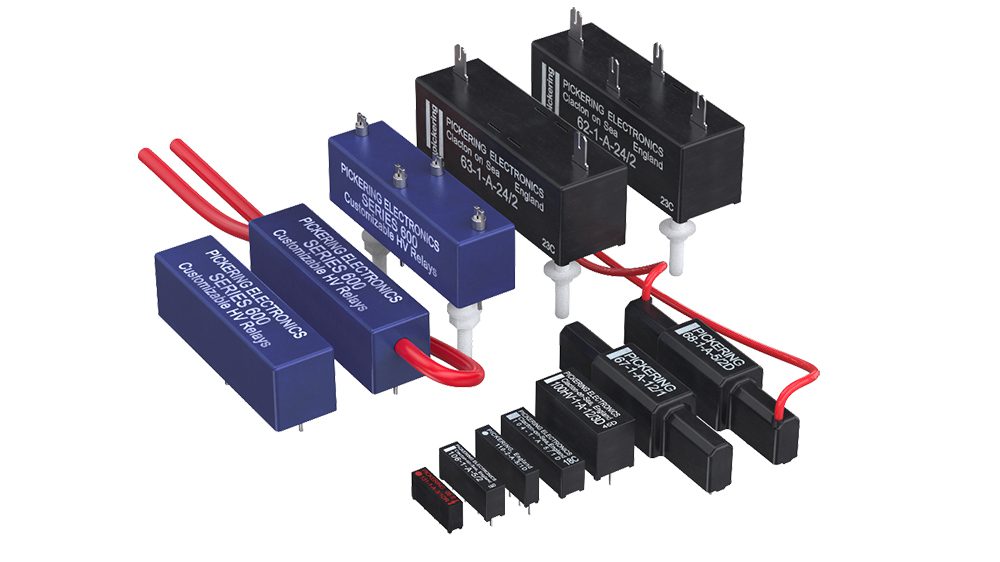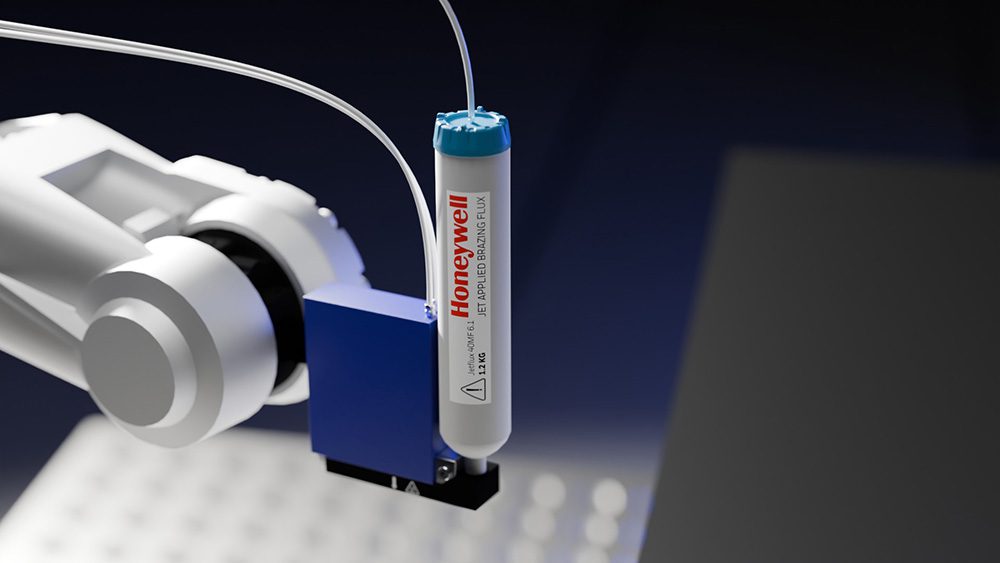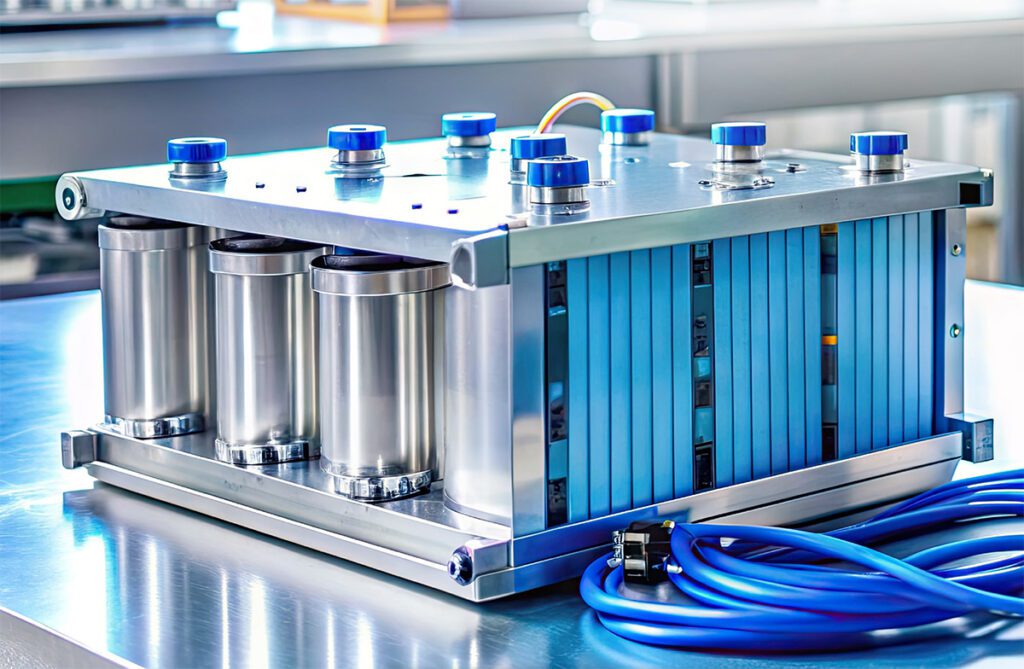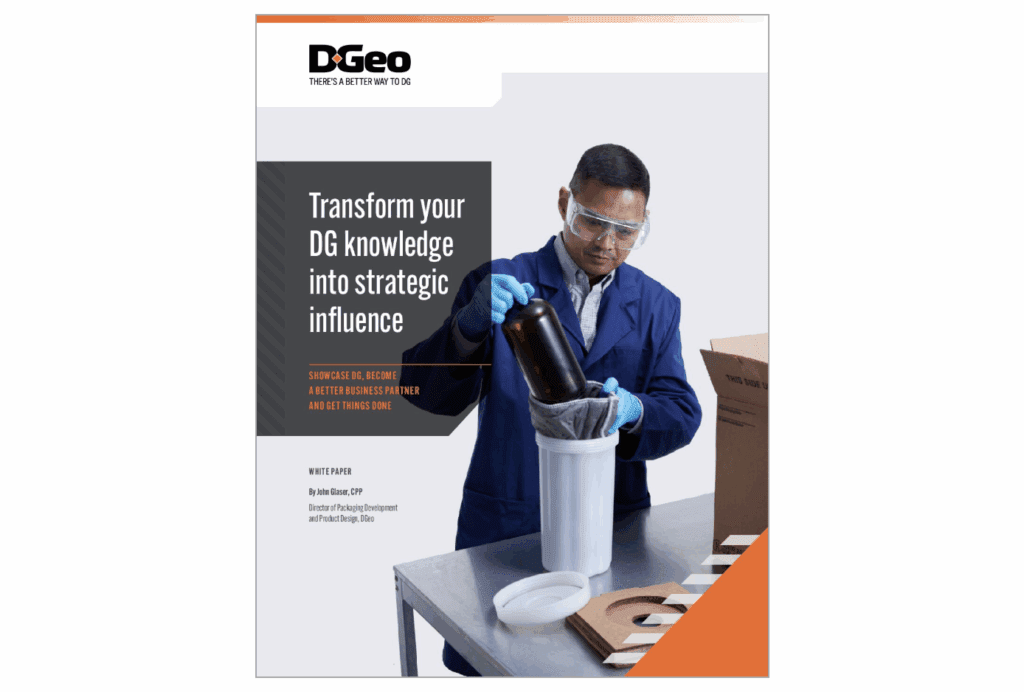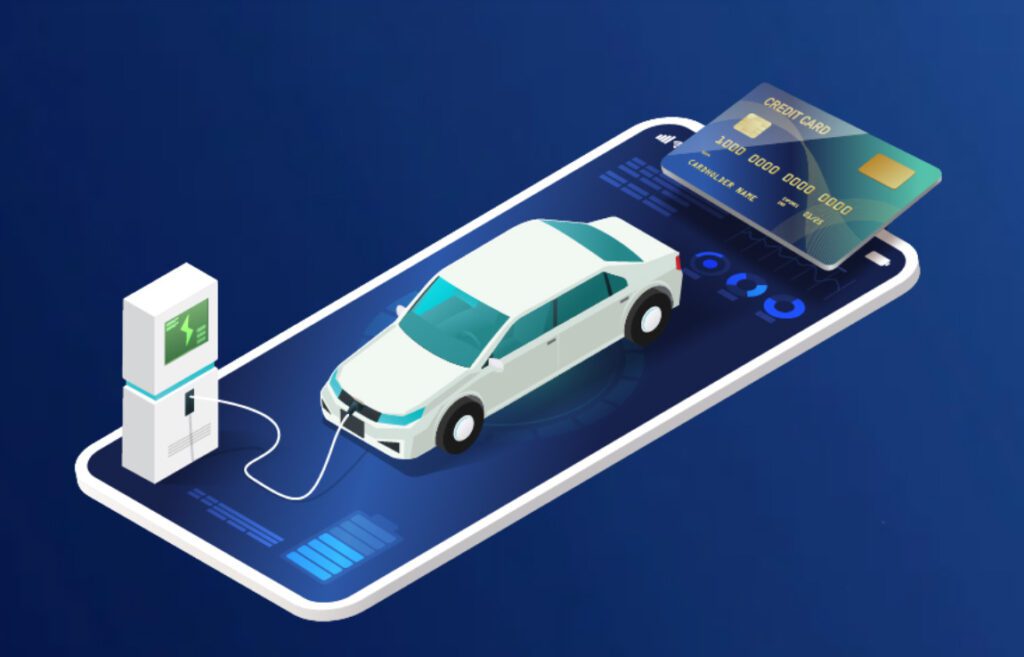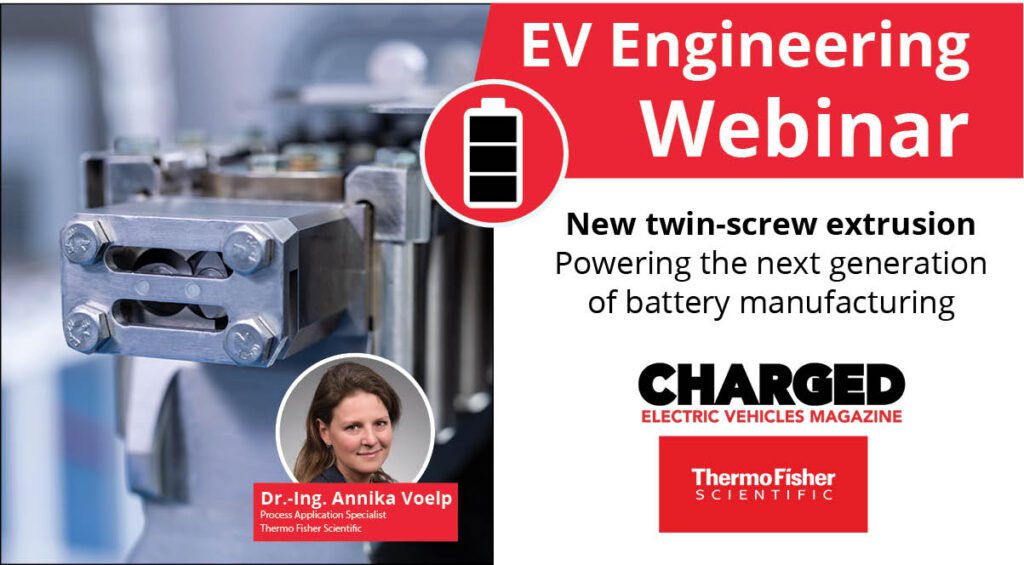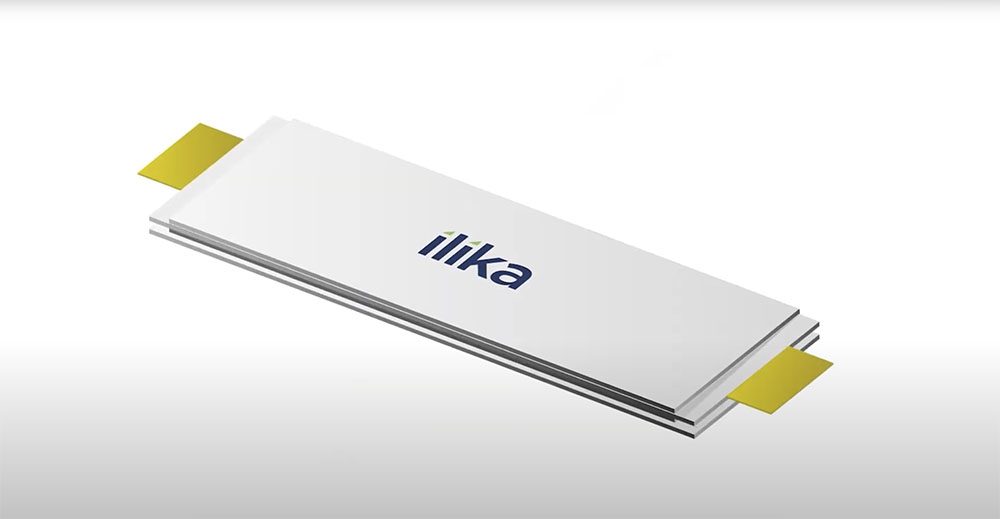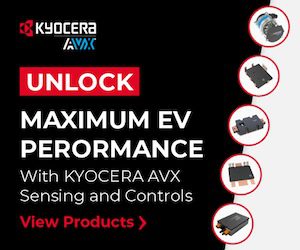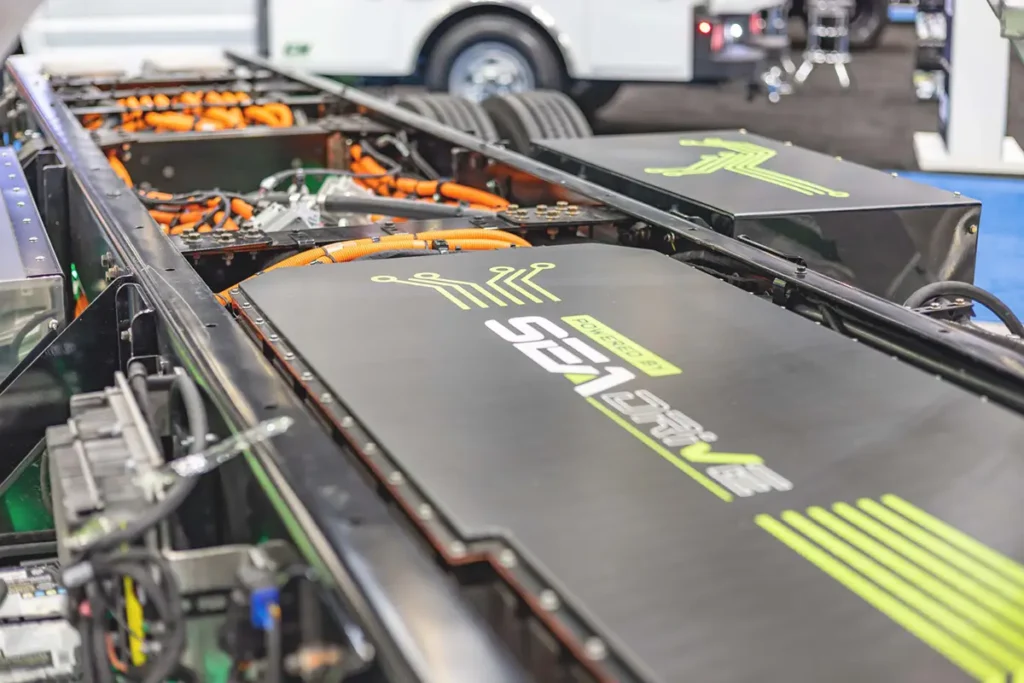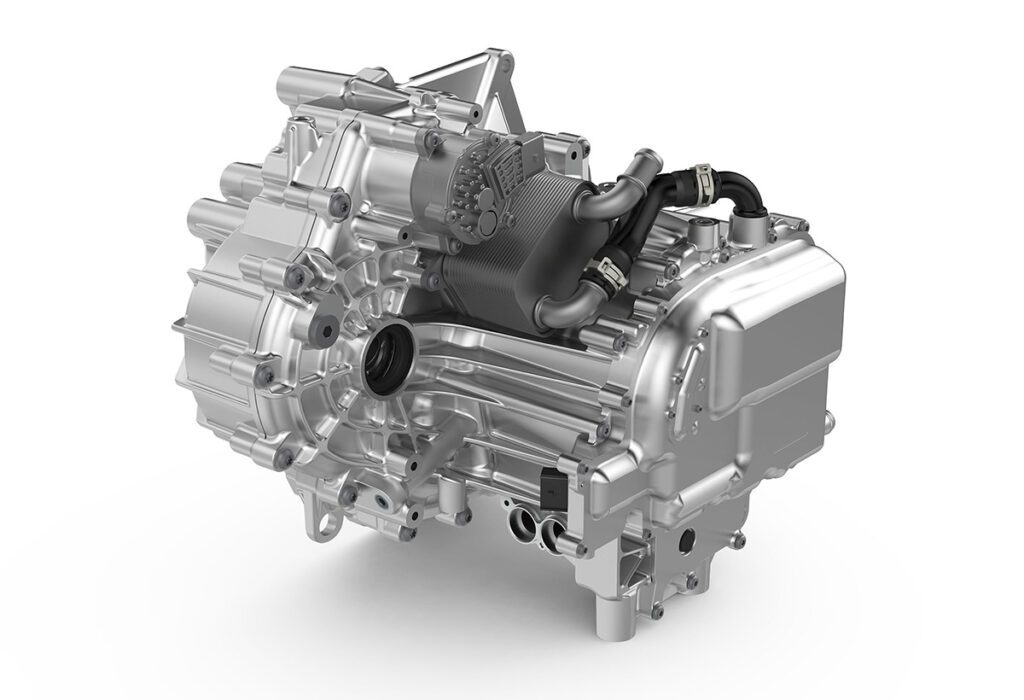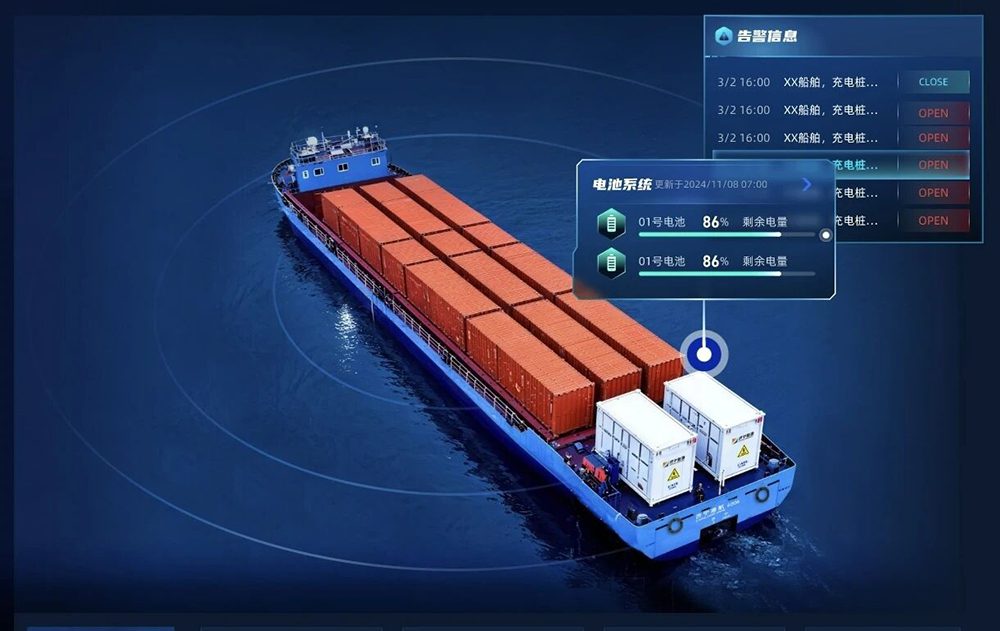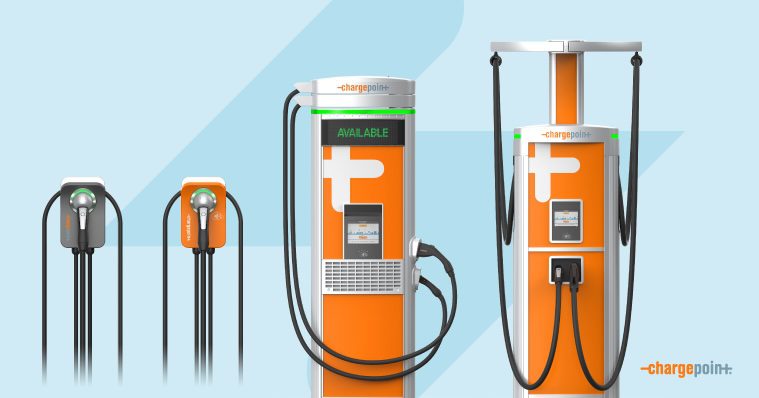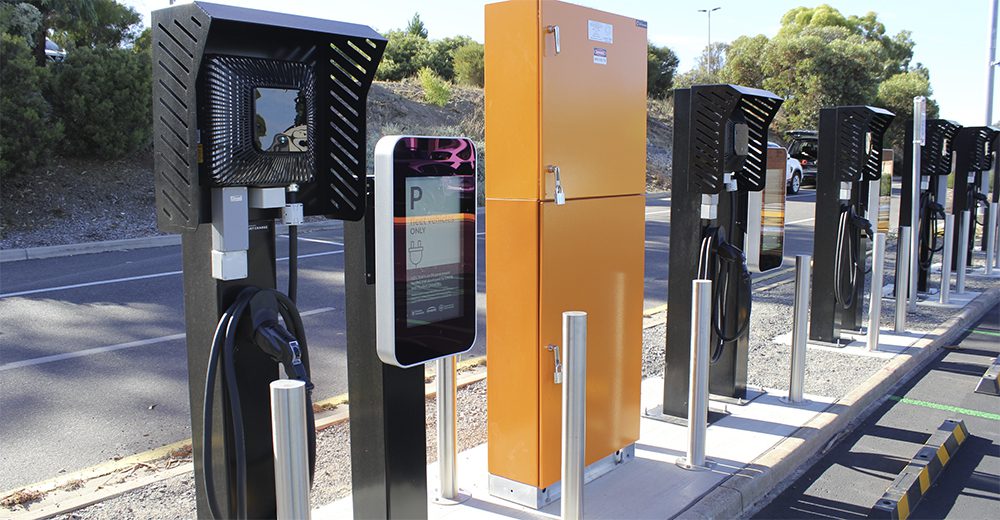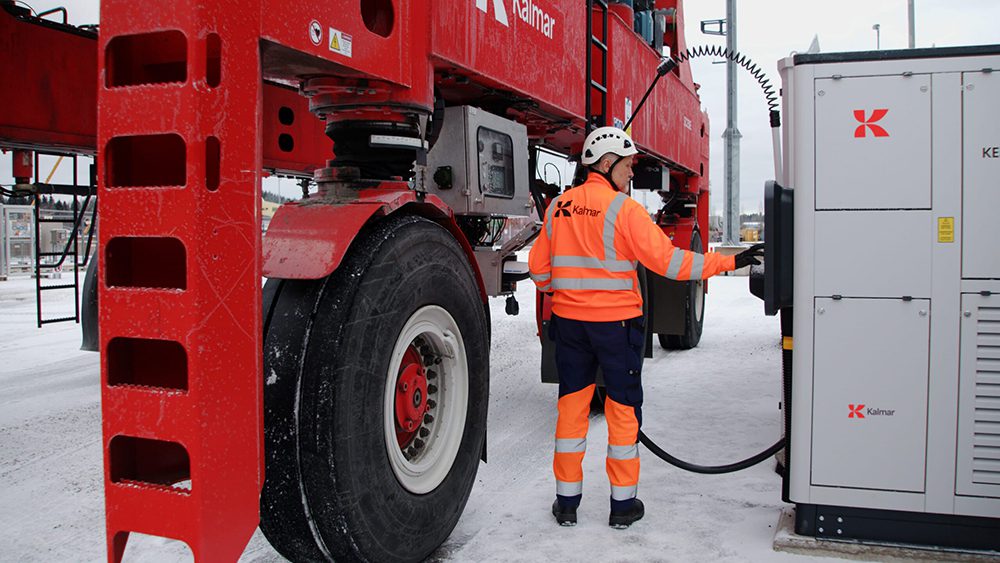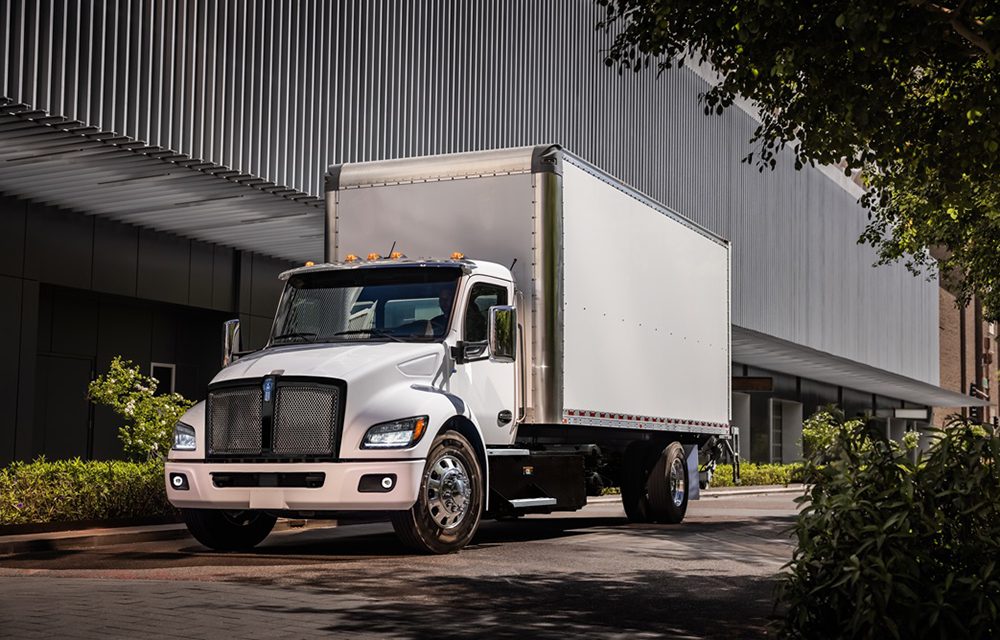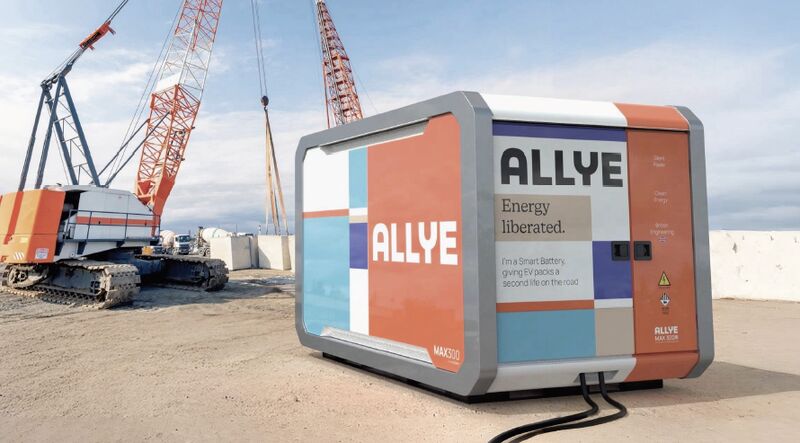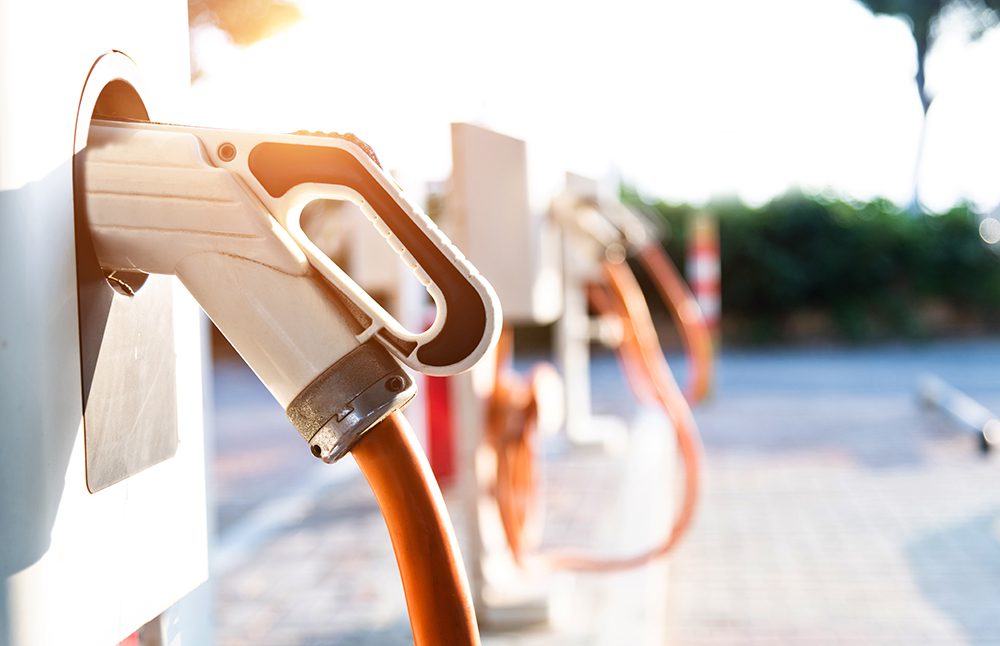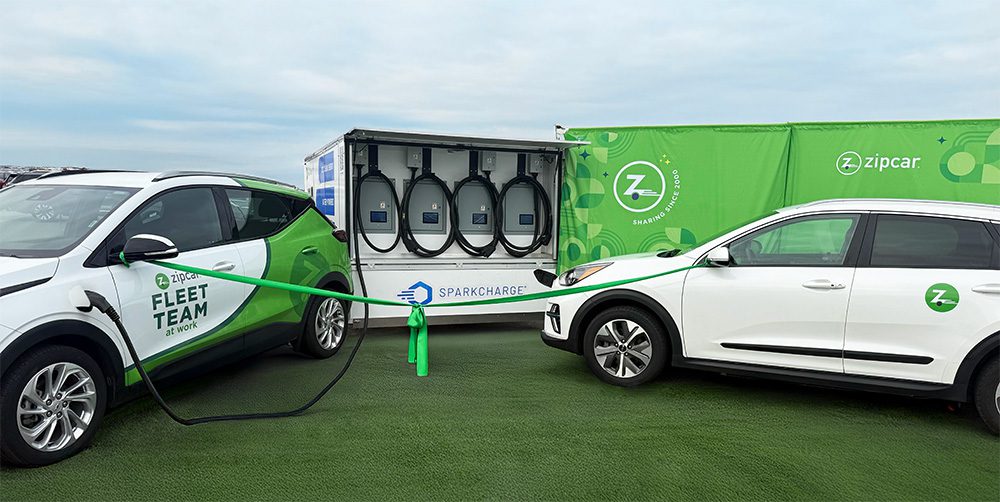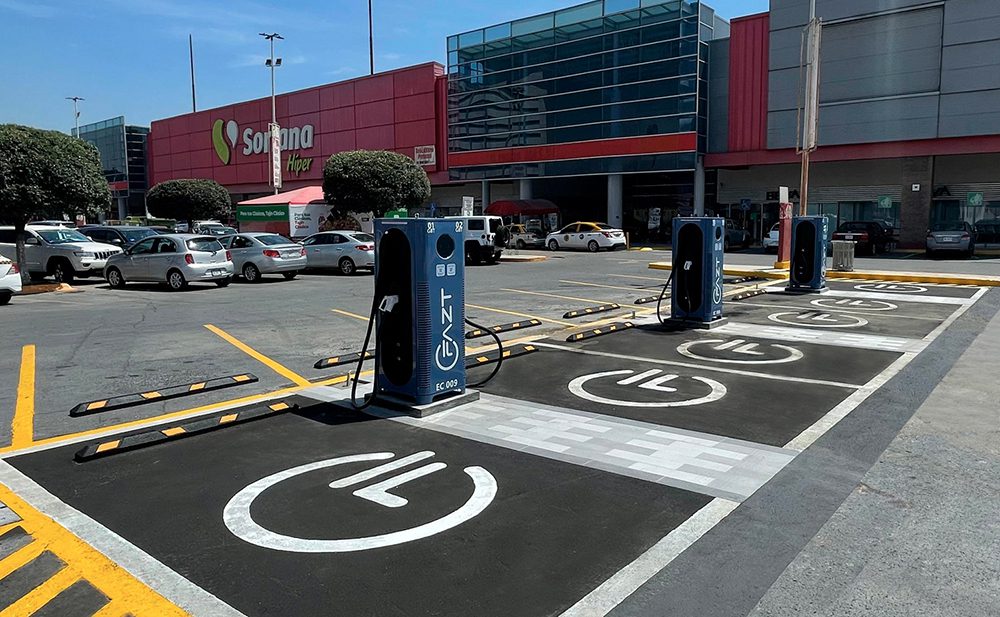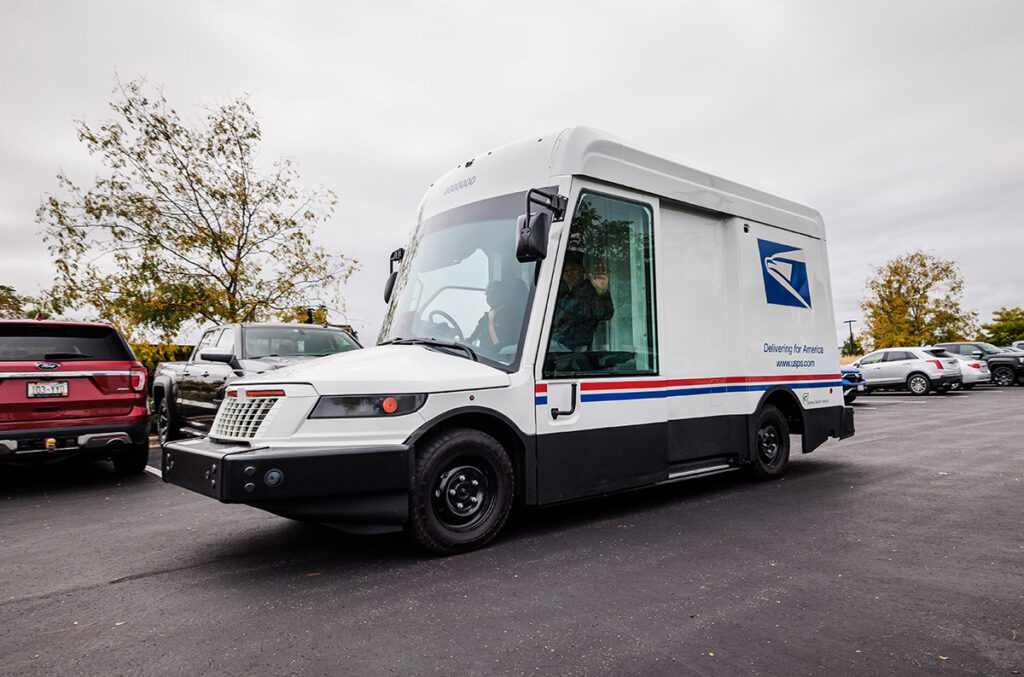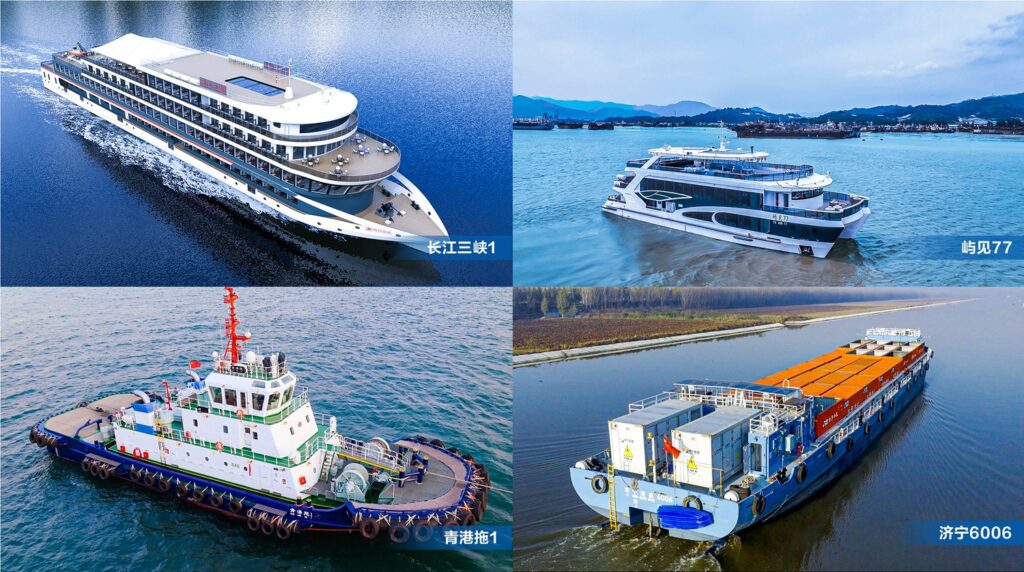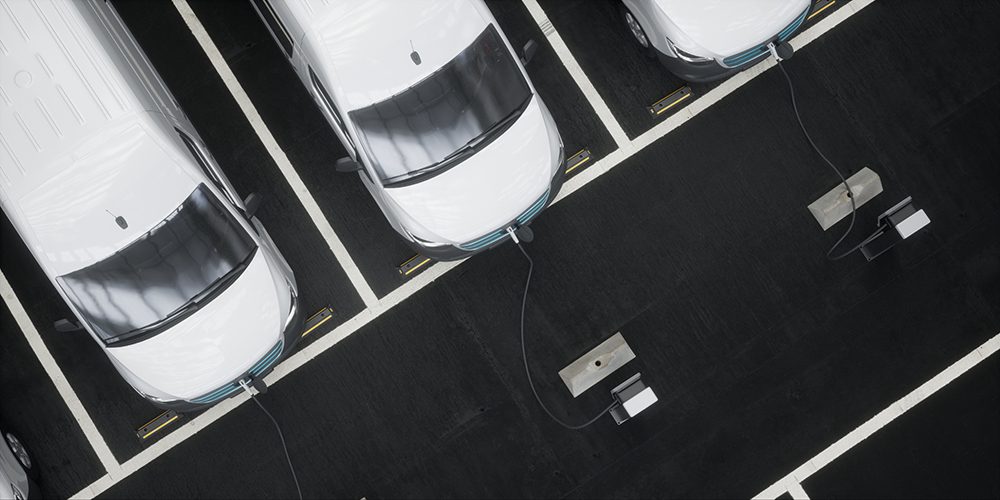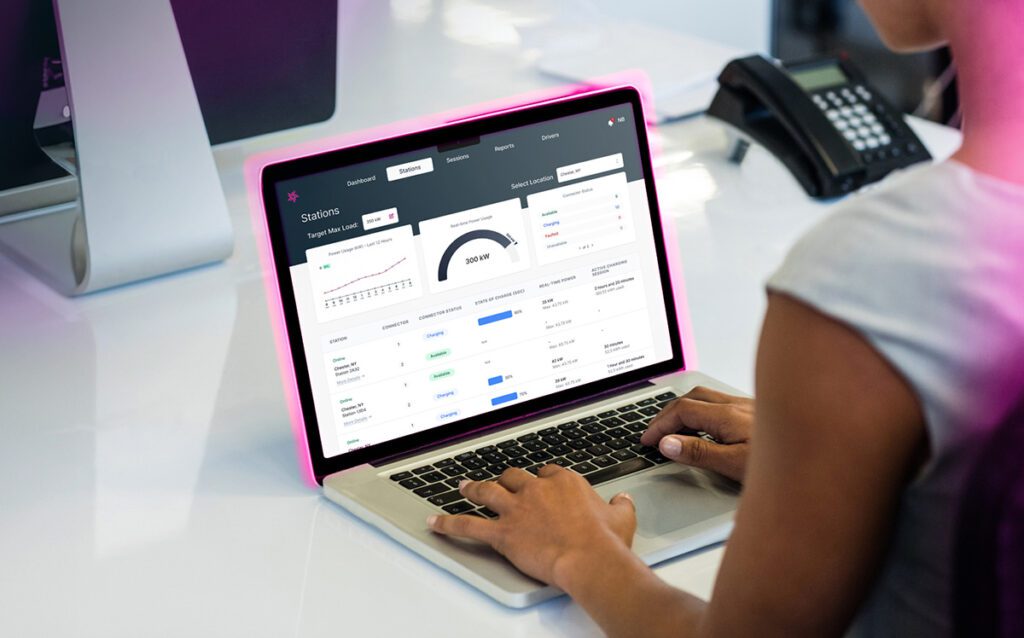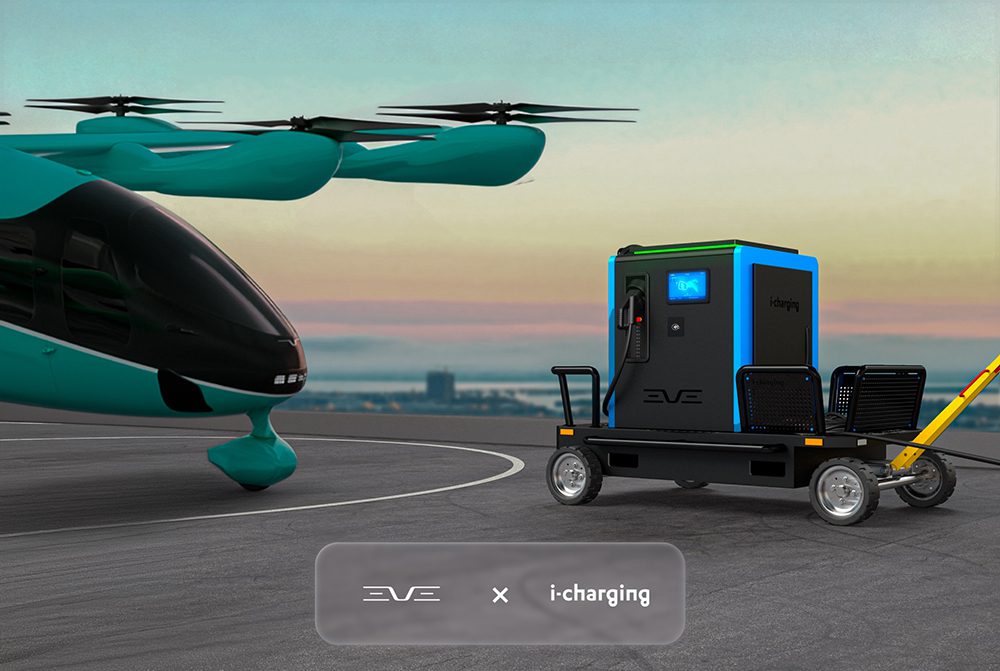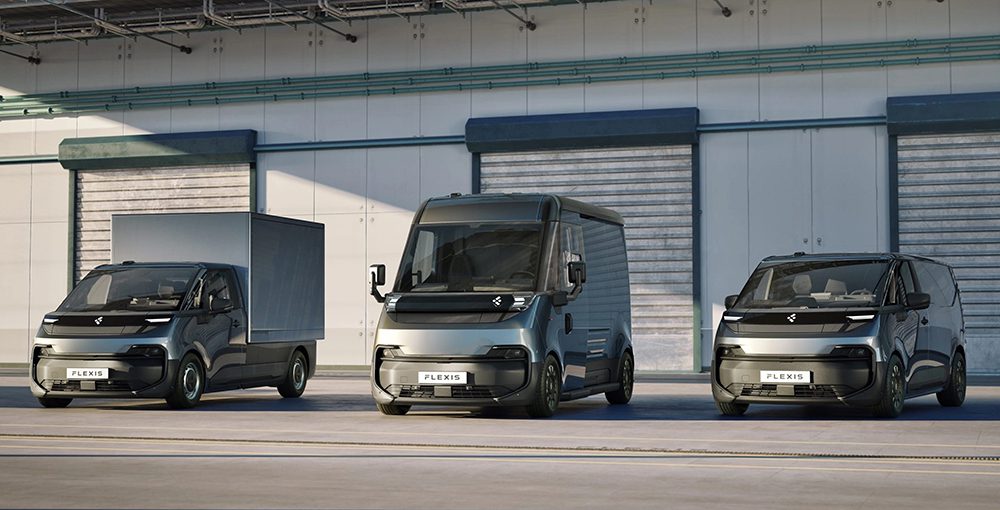Stellantis and Factorial Energy have announced the successful validation of Factorial’s automotive-size FEST (Factorial Electrolyte System Technology) solid-state battery cells.
Solid-state batteries could offer higher energy density and faster charging than today’s lithium-ion batteries. The validated 77 Ah FEST cells demonstrated specific energy of 375 Wh/kg over 600 cycles, progressing towards automotive qualification. The cells deliver high power output with discharge rates up to 4C.
Factorial’s latest electrolyte formulation allows the battery to perform in temperatures ranging from -30 °C to 45° C. This surpasses previous solid-state limitations and opens the possibility for better performances across various climates, according to the companies.
Stellantis and Factorial are closely collaborating on pack design, optimizing battery pack architecture to reduce weight and improve overall system efficiency.
“Battery development is about compromise. While optimizing one feature is simple, balancing high energy density, cycle life, fast charging and safety in an automotive-size battery with OEM validation is a breakthrough,” said Siyu Huang, CEO of Factorial Energy. “This achievement with Stellantis is bringing next-generation battery technology from research to reality.”
Stellantis invested $75 million in Factorial Energy in 2021, and hopes to integrate Factorial’s solid-state batteries into a demonstration fleet by 2026. (In another foray into next-generation battery technology, Stellantis is working with Zeta Energy to develop lithium-sulfur batteries.)
“This breakthrough puts us at the forefront of the solid-state revolution, but we are not stopping there,” said Ned Curic, Stellantis Chief Engineering and Technology Officer. “We continue working together to push the boundaries and deliver even more advanced solutions, bringing us closer to lighter, more efficient batteries that reduce costs for our customers.”
Source: Stellantis







